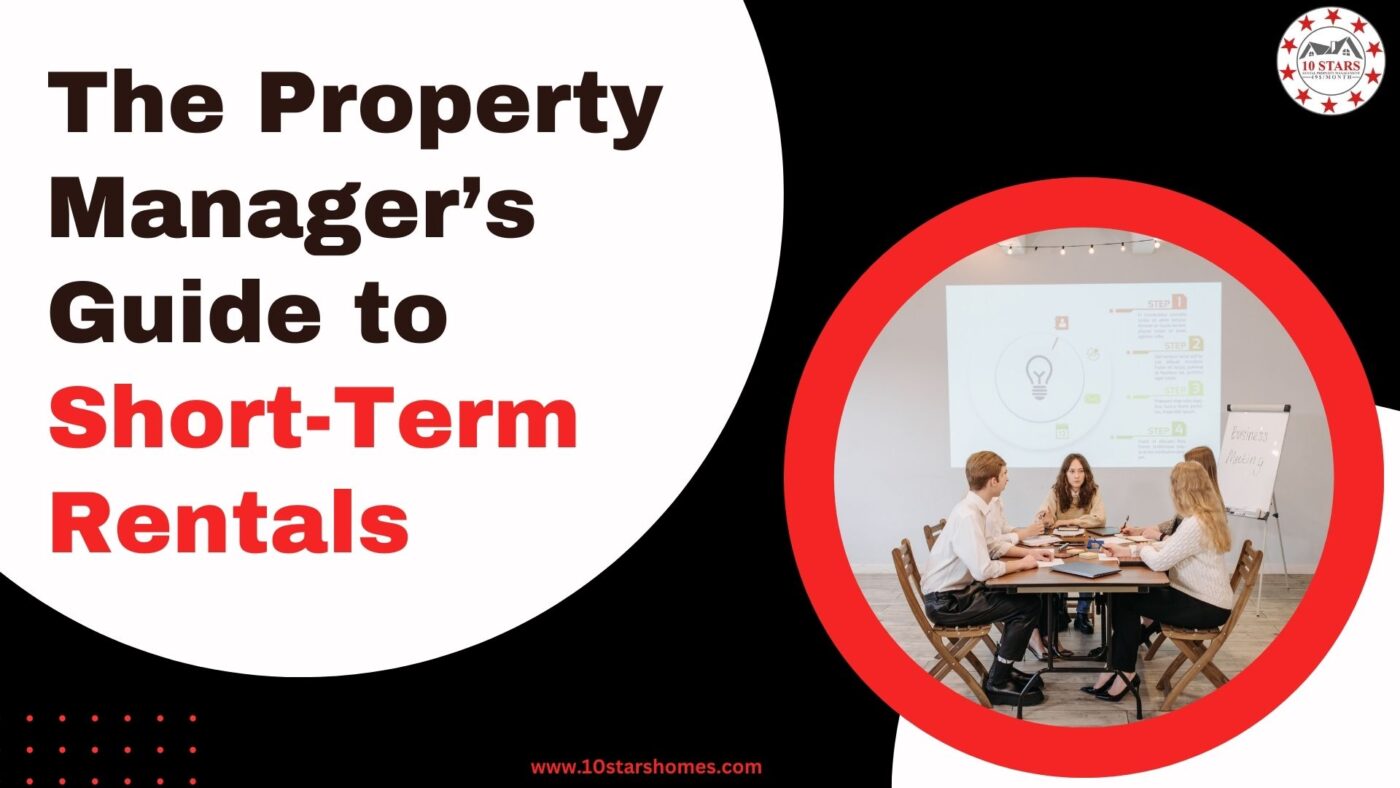In recent years, the short-term rental industry has experienced explosive growth, with platforms like Airbnb, Vrbo, and Booking.com becoming household names. This booming market has opened up new opportunities for property managers to maximize their revenue by tapping into the world of short-term rentals. However, managing short-term rentals comes with its own set of challenges and considerations. In this comprehensive guide, we will explore the ins and outs of short-term property management, providing property managers with the knowledge and tools they need to succeed in this dynamic field.
Understanding Short-Term Rentals
What are Short-Term Rentals?
Short-term rentals refer to properties that are rented out for short durations, typically for a few days to a few weeks. They can include vacation homes, apartments, condos, and even individual rooms within a property. These rentals are often preferred by travelers seeking a more personal and unique experience compared to traditional hotels.
The Growth of Short-Term Rentals
The short-term rental market has grown exponentially over the past decade, driven by factors like increased travel, the desire for unique accommodations, and the rise of online booking platforms. Property managers have a significant opportunity to capitalize on this trend.
Legal and Regulatory Considerations
Local Regulations
One of the biggest challenges in short-term property management is navigating local regulations and zoning laws. It’s crucial for property managers to be aware of the rules and restrictions in their area, as they can vary greatly from one location to another.
Permits and Licenses
In many places, obtaining the right permits and licenses is a legal requirement for operating short-term rentals. We’ll discuss the types of permits you may need and how to apply for them.
Taxes and Reporting
Property managers must also understand their tax obligations, including occupancy taxes and income reporting. Failing to comply with tax laws can result in hefty fines.
Property Preparation and Maintenance
Property Standards
To succeed in the short-term rental market, your property must meet certain standards in terms of cleanliness, amenities, and overall appeal. We’ll discuss how to assess and improve your property to attract guests.
Furnishing and Decor
The right furnishings and decor can make a significant difference in guest satisfaction. We’ll provide tips on how to create a welcoming and comfortable environment.
Maintenance and Cleaning
Maintaining your property in top condition is essential for guest satisfaction and positive reviews. We’ll delve into effective cleaning and maintenance routines.
Pricing Strategies
Dynamic Pricing
Setting the right price for your short-term rental is critical. Dynamic pricing strategies, which adjust rates based on factors like demand and seasonality, can help you optimize your revenue.
Competitor Analysis
Analyzing your competitors’ pricing and occupancy rates can give you valuable insights into the market. We’ll show you how to conduct effective competitor research.
Special Offers and Discounts
Using special offers and discounts strategically can attract more bookings during off-peak times or for longer stays.
Marketing and Listing Optimization
High-Quality Photos
Professional photos can make a significant difference in your listing’s appeal. We’ll discuss how to showcase your property in the best light.
Compelling Descriptions
Well-written descriptions that highlight your property’s unique features and benefits can capture potential guests’ attention.
Guest Reviews and Ratings
Positive reviews and high ratings are crucial for attracting new guests. We’ll provide strategies for encouraging reviews and managing guest feedback.
Guest Communication and Experience
Booking Process
Streamlining the booking process and providing prompt responses to inquiries can lead to higher conversion rates.
Check-In and Check-Out
A smooth check-in and check-out process can set the tone for a guest’s stay. We’ll cover best practices for guest arrivals and departures.
Guest Services
Offering additional services like airport transfers, concierge services, or local recommendations can enhance the guest experience.
Handling Challenges and Disputes
Guest Issues
Learn how to address common guest complaints and resolve issues promptly to maintain positive reviews.
Property Damage
Handling property damage disputes and establishing security deposit policies are essential for protecting your investment.
Scaling Your Short-Term Rental Business
Growing Your Portfolio
Explore strategies for expanding your short-term rental business by adding more properties to your portfolio.
Hiring and Outsourcing
As your business grows, you may need to hire additional staff or outsource tasks like cleaning and maintenance.
Conclusion
The world of short-term rentals offers property managers a unique opportunity to maximize their revenue and enter a thriving market. However, success in this field requires a deep understanding of the nuances, from legal compliance to property management best practices. By following the advice and strategies outlined in this guide, property managers can thrive in the exciting world of short-term rentals and provide exceptional experiences for their guests.

